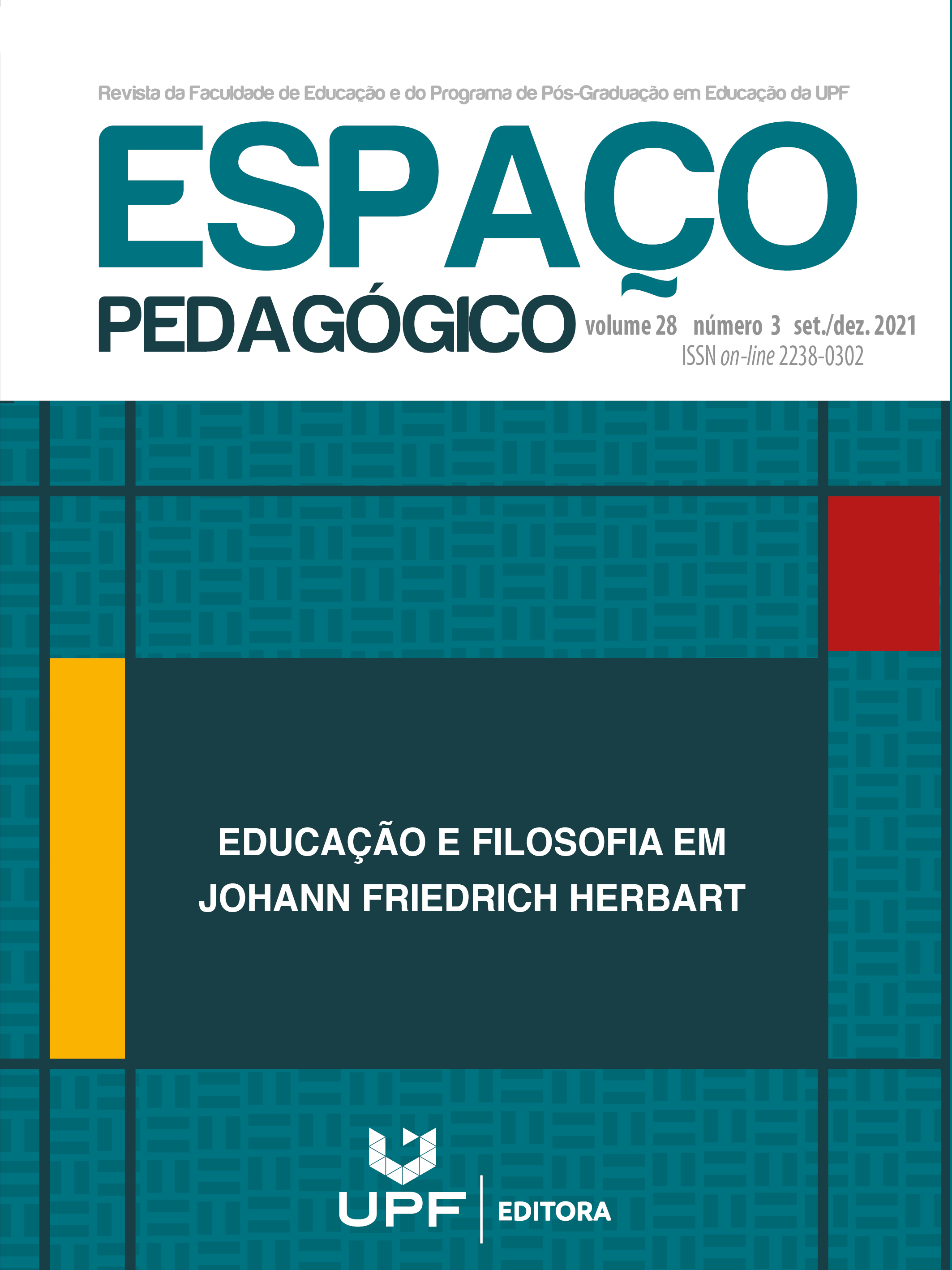Education for ethical coexistence: an emergency
DOI:
https://doi.org/10.5335/rep.v28i3.11411Keywords:
Ethical, Values, Education, Pedagogical practices, Teacher trainingAbstract
In times of crisis in various fields of contemporary life, it is urgent to affirm the role of the school in favoring the construction of values ​​in the constitution of solidary, cooperative, empathic, and just individuals. The purpose of this work is to present principles of education for ethical coexistence, showing some inspiring educational experiences. To this end, it describes reports of Brazilian and Spanish school projects raised from two descriptive studies. We collected the reports through visits to schools that developed practices to improve living, and we conduct semi-structured interviews with teachers or the management team. The actions described involving: the diagnosis of school needs with the involvement of the internal and external community; the systematization and institutionalization of actions; the development of moral practices based on democratic management and the enhancement of protagonism; the initial and continuing training of teachers and other members of the educational community. Even considering the specificities of each institution mentioned here, its region, or country of origin, we hope that the illustrations brought, with emphasis on its principles and practices, will inspire fruitful reflections on the urgency of education for ethical coexistence and ways of organizing it.



